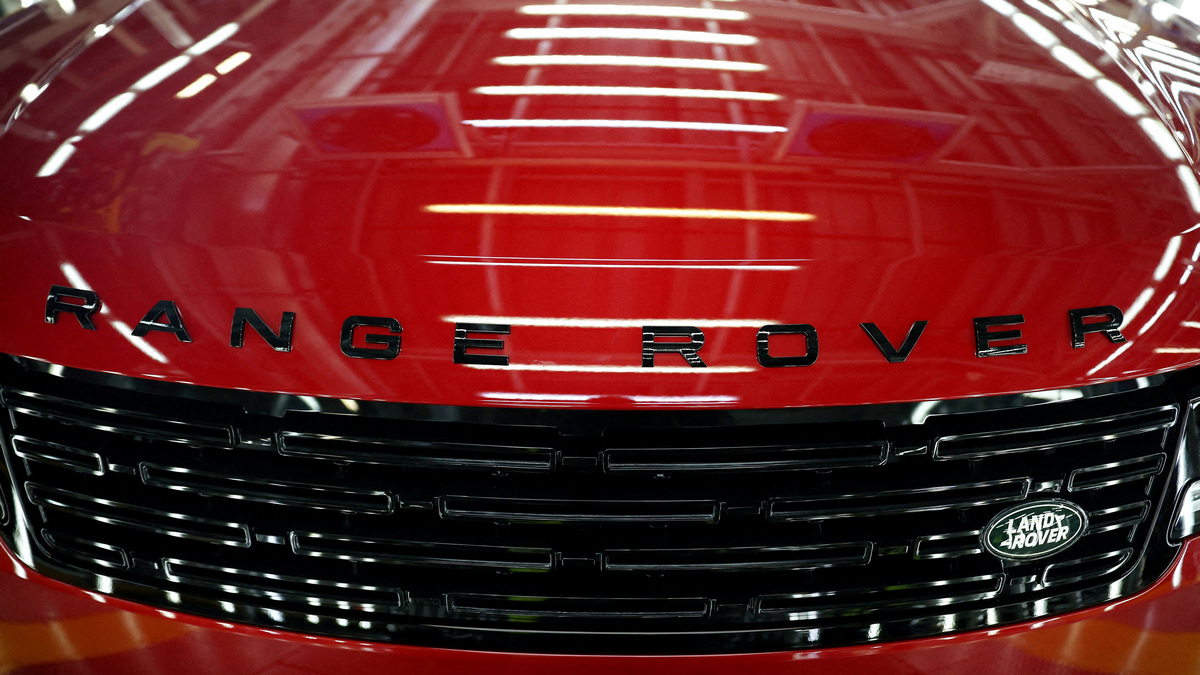Car buyers in the US are rushing to purchase automobiles in an attempt to bypass President Donald Trump’s tariff measures that has hit the industry heftily.
According to data from the Census Bureau, auto sales jumped 1.4 per cent in March. A significant factor behind this growth was a 5.7 per cent rise in seasonally adjusted auto sales, marking the largest increase since January 2023.
The report said that “savvy consumers” are coming to stores ready to make big purchases to avoid the effects of tariffs that are expected to drive up costs, James Knightley, chief international economist at ING, said, as per Financial Times.
Potus has imposed a 25 per cent duty, which went into effect on April 3, on all imported foreign-made cars.
The extra expense will differ depending on the vehicle’s make and model, with the financial burden likely shared among automakers, dealerships, and buyers. According to Michigan-based Anderson Economic Group, the new tariffs could increase the price of most vehicles by $4,000 to $10,000, and raise the cost of electric vehicles by around $12,000.
Thomas Ryan, North America economist at Capital Economics, said that consumers are “aware” of Trump’s sweeping economic policies and their impacts, and therefore “there’s undoubtedly a motor-vehicle tariff effect” that has surged auto sales just four months into 2025.
Surge in sales makes economists wary
Economists have cautioned that March’s robust sales figures might set the stage for a sharp drop in consumer spending later this year, particularly if, as many anticipate, the impact of tariffs starts to trickle down to shoppers.
Joe Brusuelas, chief economist at tax and consulting firm RSM US said, “We’re expecting to see a steep decline in demand as soon as next month,” adding that vehicle sales would first drop, which would “weaken” the industry “across the board”.
Trump’s auto tariffs
US President Donald Trump’s aggressive but fast-changing trade policy has foisted difficult questions on carmakers that they have not yet been forced to answer.
While Trump has retreated from some of his most onerous tariffs, carmakers are on the hook for 25 per cent levies on auto imports that went into effect on April 3.
Impact Shorts
More ShortsBut so far, the effects of that levy have been muffled because carmakers are still selling vehicles from inventory. Auto companies and industry watchers expect this dynamic to persist for at least a few more weeks.
But if the tariffs stay in place – a big if given Trump’s tendency to reverse course – automakers will need to decide how much of the hit to absorb and how much to pass on.
With inputs from agencies
)